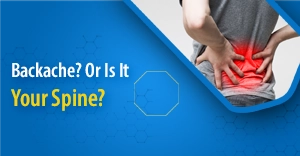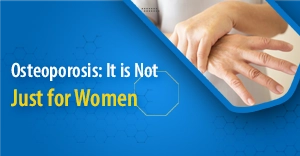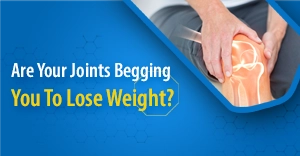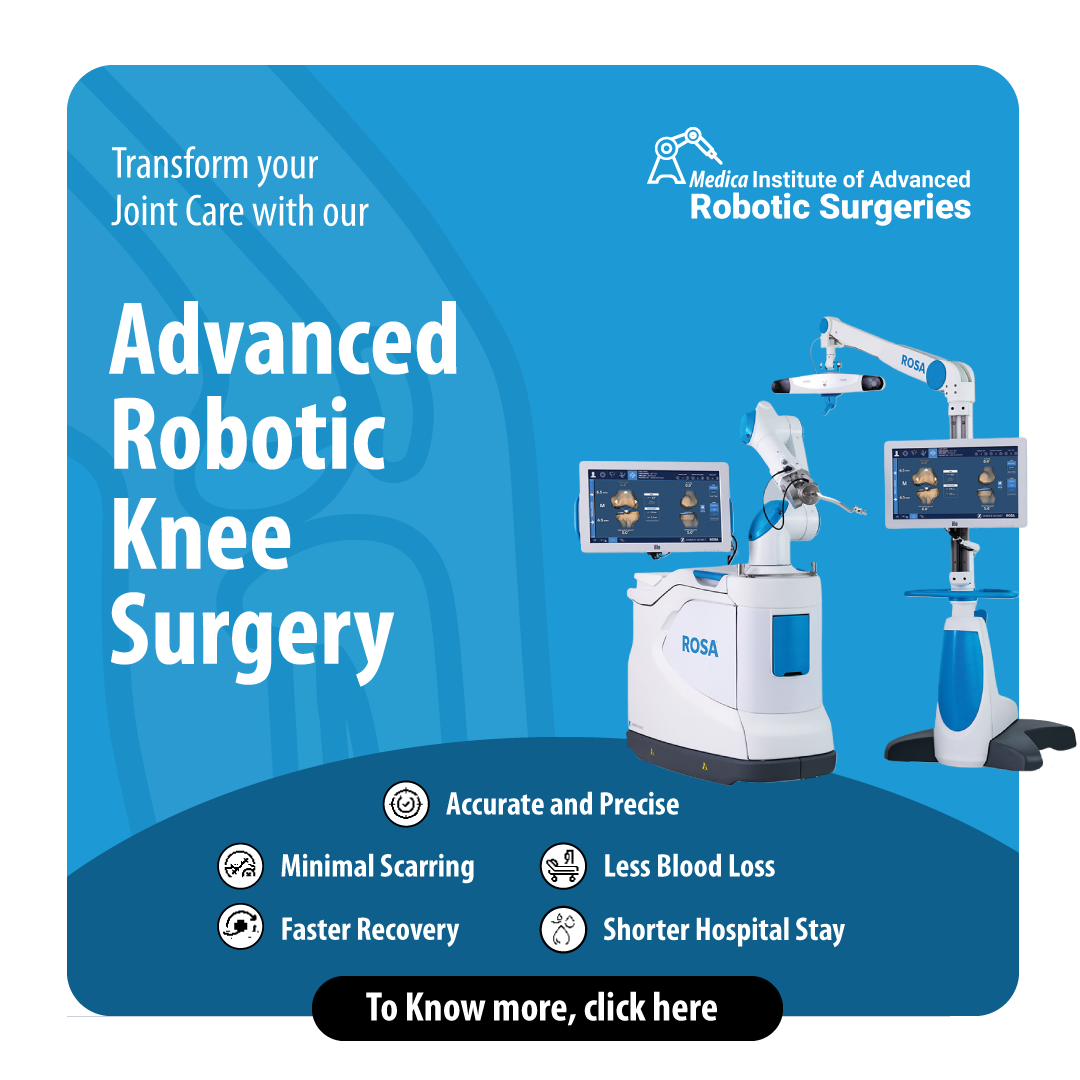Complete ACL Reconstruction at Medica
ACL injuries are sprain or tear of the anterior cruciate ligament (ACL). It is a strong tissue band connecting the thigh bone with the shinbone. ACL injuries are common during sports. It occurs during sudden stops, direction changes, landing, or jumping during sports. Common examples of sports are football, soccer, downhill skiing, and football. During ACL injury, people may hear a popping sound or sensation within the knee. This results in swelling of the knee and feeling unstable.
Treatment is based on the severity of the injury. These can include rest, rehabilitation exercises. Treatment helps to regain stability and strength. Surgery can be done for replacing torn ligaments. Surgery is usually the next step after rehabilitation. ACL injury can be avoided with proper training facilities and education programs.
Free Doctor Assessment
Signs your Knee needs Medical Attention
The most common symptom is a popping sound of the knee after it is hurt. It can also happen without the popping sound. Some other symptoms include:
- Pain: People with a minor injury may not sense any pain. Soreness can be felt along the joint line of the knee. A symptom can also include having trouble standing up. Little pain can be felt when pressure is put on the injury area.
- Swelling: Swelling occurs within 24 hours of the injury. Swelling can be reduced by putting ice packs on the area. Raising legs by putting them on a soft pillow can reduce swelling.
- Trouble Walking: It becomes difficult to walk when pressure is given to the hurt legs. Knee injury can also make the joint feel looser than usual.
- Reduced Range of Motion: Bending or flexing the knee becomes difficult when the ACL is torn.
The history of ACL surgery can be traced as far back as the Egyptian times
Seek help from an expert
Call NowCauses of Knee Injury
ACL injury occurs during fitness activities and sports. These activities put extreme pressure on the knees. Major causes are:
- Sudden slowdown & changing direction
- Pivoting with the foot planted firmly
- Awkward landing after a jump
- Sudden stopping
- Direct blow or shock to the knees
- Collision during sports like a football tackle
Any damage to the ligament may result in partial as well as complete tears. If an injury is mild, the ligament might stretch but remain intact

Minimally Invasive
Surgery

World Renowned
Experts
EMI Facility
Available

Covid Safe
Environment
Risk factors of Knee Injury
Several risk factors can increase the chances of ACL injury. These are:
- Specific sports like football, soccer, gymnastics, or basketball
- Poor conditioning
- Faulty and wrong movement patterns like knees inward when doing a squat
- Ill-fitting footwear or gears
- Sports equipment are poorly maintained
- Playing on an artificial turf
Another risk factor is being female. Studies show that ACL injury is higher among female athletes. Possible reasons are differences in muscle strength, hormonal influences, and anatomy. Differences are also found in neuromuscular control and physical conditioning.
Diagnosis
The first step is providing all details of how the knee was injured. Doctors usually check both knees so that they can locate the differences. Diagnosis also includes several tests:
- Physical Tests: You may have to lie down, bend your knees at specific angles. The doctor will check the bones and muscles in that area. If any bone moves abnormally, this means ACL injury has occurred.
- X-Rays: X-ray is usually for broken bones. ACL comprises soft tissues that are invisible on X-rays. It is for ruling out any broken bones in that area.
- Ultrasound or MRI: These exams are for both bones and soft tissues. Any ACL tear will appear on these images.
- Arthroscopy: This exam is to penetrate the joint and examine it. An arthroscope is a pencil-sized piece of equipment. It comprises a lens and one lighting system. A small and precise cut is made in the skin. This arthroscope is then inserted. The camera creates an image that is projected to a monitor. This helps the orthopedic surgeon to identify the type and severity of the injury. If required, the injury is repaired then and there only.
Treatment
Treatment options are based on the level of ACL injury. Here are some available options:
- First Aid is the best option in case of minor injury. Putting ice on the knee, elevating the leg, and staying off the feet are a few options. Ace bandages are also good solutions. It can be wrapped around the knee to reduce swelling. Crutches help in keeping weight off the knees.
- Medications include anti-inflammatory drugs to reduce pain and swelling. You can use over-the-counter medications with doctor suggestions. Steroid medications are usually injected for intense swelling and pain.
- Knee brace is given to people with damaged ACL. Knee brace is worn during sports or running. It gives extra support to the knees.
- Physical therapy is needed for a few weeks. This helps in getting the knee back to normal. The sessions include exercises to improve muscle strength around the knees. It helps in regaining full mobility and range. You can also opt for home-based exercises once approved.
- Surgery is recommended if the ACL tears are significant. It is advisable for athletes with complete tears. Choose surgery if you are unable to walk at all. The surgery involves removing the damaged part. It is replaced with tissues that grow and become a fresh ligament.
Proper medication, physical therapy, and consultation is needed for quick recovery.










